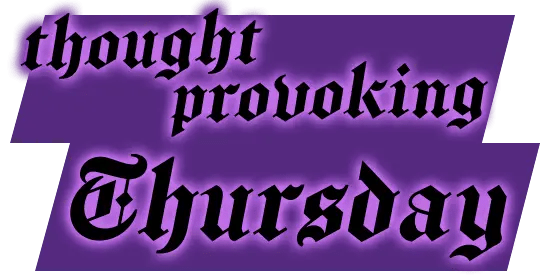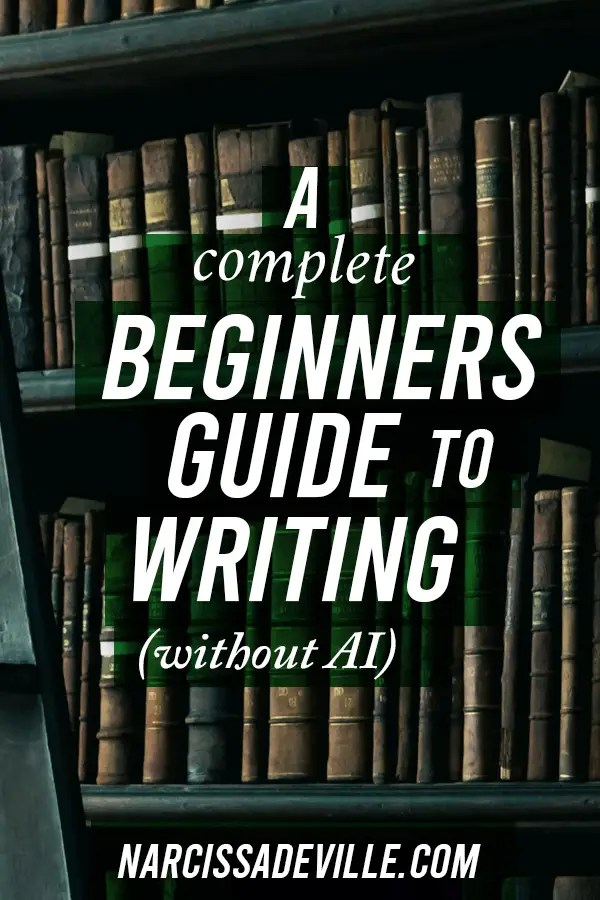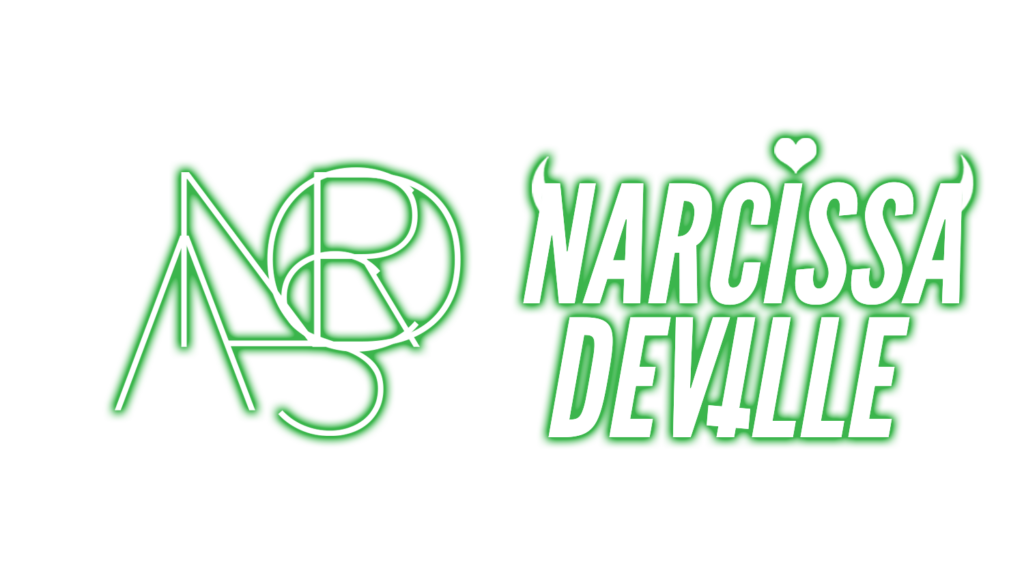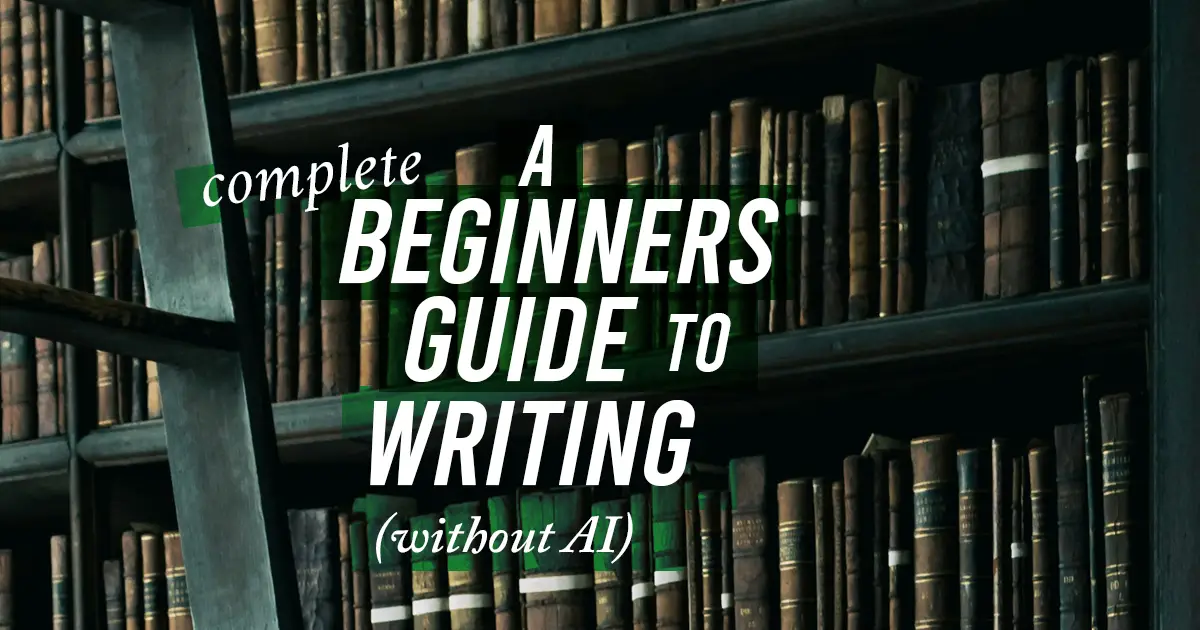

This might disappoint you to hear, but my first piece of advice actually has nothing to do with writing per se and everything to do with what you do before you start writing. Reading. Nearly every writer that you know would agree that reading is absolutely fundamental to becoming a writer.
Now I’m not Stephen King I’m not going to suggest you should read something like a hundred pages for every one you write; however I do think it’s a good idea to read as much as you can, as often as you can. It recharges your creative battery but more importantly reading can teach you an awful lot about writing.
Have you ever read a piece of writing that just spoke to you? A sentence that was so beautiful it felt lyrical? A piece of dialogue or a poem or a scene that stuck with you long after you finished reading it?
How do they do it? You might be inclined to ask yourself. What’s their secret? And you’re not wrong to wonder.
Most writers will tell you that the secret to truly great writing, beyond practice of course, is reading widely.
Study what you read. Take notes, highlight passages and quotes that you find especially clever or well written, and try to figure out what it is that makes them tick.
Is it the lyrical resonance of their sentence structure?
The melodic nature of their word choices?
Their use of metaphor and evocative imagery that allows you to picture the scene in your minds eye with such clarity that it feels like a film made just for you?
Perhaps it’s the use of quippy dialogue that is somehow both poignant and realistic and feels as though it’s speaking directly to you. From some deep part of your soul.
Or maybe it is their use of theme and symbolism that convey far deeper meanings than a surface level evaluation of the text could ever possibly hope to express.
These are all possibilities that you can and should keep in mind when reading, particularly when you’re reading to learn about the craft of writing. It’s one thing to read for the pleasure of reading. A love of books is crucial after all, but your ability to read deeply and critically and to analyze what makes stories work, is going to be vitally beneficial to you as a writer.

One of the single most challenging aspects of any novel is the first chapter. There are a million things that you have to keep in mind when working on a first chapter. Its your introduction to the main character, the stakes, the plot, and it has to bring readers into the world and catch their interest enough that they want to continue.
To this day I still find myself looking through books opening lines and first chapters in order to help me get inspiration of where to start when it comes to a new project if ever I’m feeling stuck.

Pro-tip: You can utilize books that you already love and enjoy as outlining practice!
Outlining is one of those aspects of writing that may require practice. There are dozens of methods to go about it. From the Hero’s Journey to the Snowflake Method, to Campbell’s Monomyth, to your own personal method of outlining. By taking the time to use books that you already enjoy and are working on reading more deeply, to outline and unpack them you can reverse engineer an outline and get an idea of important plots, subplots, character arcs, and overall themes and important details to the story. This not only helps you understand the story better but it also gives you invaluable insight into the process of writing and outlining.
Pro-tip #2: Don’t be afraid to read and study books you don’t like. Every book can teach you something about the writing process—even if the lesson is what not to do. Consider asking yourself, why doesn’t this work for me? What could be improved to make the narrative better?

This may even give you an opportunity to explore re-writing the scene (either mentally or on paper). It’s a good exercise because editing, and rewriting are important steps in the process of being a writer. In fact most writers would argue that your story is truly born in the editing process. So if you can get practice in that’s probably a good idea. I’ve been mentally editing books that I’ve read since I could read. Whenever a sentence didn’t work for me I would often have to mentally edit it before I could continue on.
Reading widely is a necessary aspect of learning to be a better writer. It helps you gain empathy and insight into different characters, cultures, and points of view, and gives you invaluable knowledge with which to better your own skillset. Reading also boosts your mood, and helps refill your creative well.
Creativity isn’t limitless.
This is something I often have to remind myself of. This isn’t to say that it’s necessarily finite. Creativity is all about fueling your brain, much in the same way food gives you physical energy, reading gives your brain creative energy.

Pro-tip #3: Having ChatGPT (or similar services) summarize a book is NOT the same as reading.
Beyond the obvious that it completely defeats the purpose of this series to do so, using an “AI” software to summarize the books to you does not convey the proper messages needed to be a writer. A summary can ‘tell’ you what it believes a story is about based on aggregated info, but it fails to convey the full depth and emotions of that story.
What does that story make you think and feel? What does it evoke and what makes the story personally effective to you, that you could transfer into your own creative writing process. That’s not something a computer or a summary can tell you.
Stories are deeply personal conversations between the author and the reader. How a story will resonate and make you feel is based on your own personal life experiences. How you grew up, your friendship circles, and your own perceptions of the world around you.
The stories that you read and enjoy, or not, are directly influenced by you as the reader and your understanding of them. You are not a passive spectator as a reader, it is very much an intimate and active process. That’s why so many people can have such a completely different experience and takeaway from any given story that they read. The internet can tell you what the author “intended” for you to feel, but only you can determine for yourself what you actually feel when you read. You can find an English lit class answer to question of what the Yellow Wallpaper represents. But it’s only by reading it that you get a feel for it. There’s a certain existential dread that you feel (especially as a woman) reading that story that you won’t appreciate if you just wait for a summary to tell you what you should have felt.
A story without a reader isn’t really a story at all. Stories require someone to read them and enjoy them and to live in that world in order for it to be truly appreciated and you simply cannot get that from a summary. No matter how hard you try.

